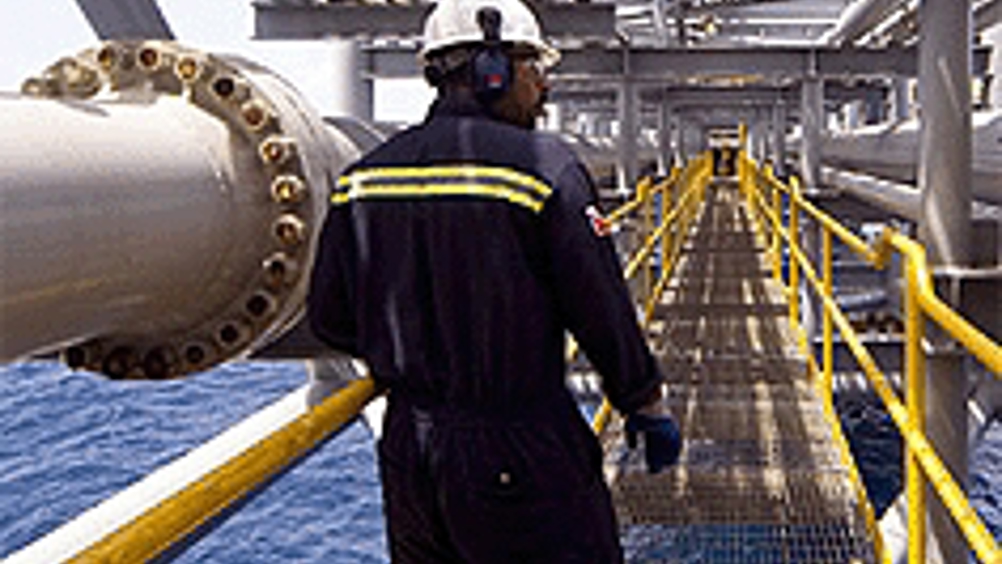The organisation has published its annual forecast of offshore oil-and-gas exploration and development activity in the UK, based on a survey of the spending plans of more than 70 companies.
It shows that the number of offshore oil-and-gas projects currently under consideration for development has risen over the past 12 months.
The survey shows, however, that reserves being developed or in production have declined, as possible new projects fail to meet companies’ economic criteria.
According to the report, this highlights continuing concern about the UK’s ability to attract the necessary investment to maximise the recovery of its oil-and-gas resources.
Oil & Gas UK believes that up to 25 billion barrels remain to be won from the UK continental shelf.
Business plans developed over the latter half of 2009 have identified up to 11 billion barrels of oil and gas in new and existing projects, a 15 per cent increase over 2008 and requiring total capital expenditure of £60bn.
Provided this investment can be secured, the industry could still be delivering 1.5 million barrels of oil and gas per day in 2020, which is claimed to be enough to satisfy half of total UK demand.
Dual challenges
If the infrastructure needed to maximise recovery is to be preserved, then £25bn capital spend must be delivered within the next five years.
Also, the UK’s proven reserves in existing and sanctioned projects currently stand at 5.25 billion barrels, down from six billion barrels in the last survey, while those classed as ‘probable’ or ‘possible’, which have not yet attracted investment approval, increased by 60 per cent to around six billion barrels.
How long the UK continues to operate as a significant oil-and-gas province will depend on its ability to convert its discoveries into ‘proven’ reserves while at the same time ensuring a healthy crop of possible new developments are brought into company plans through steady exploration.
Mike Tholen, Oil & Gas UK’s economics director and author of the report, said: ‘The increase in the number of new UK oil-and-gas developments under consideration is, on the one hand, encouraging.
‘It confirms our belief that the province, while mature, has decades still to flourish. This is a high-technology industry and companies have developed and continue to deploy the best and most advanced technology to unlock the UK’s oil-and-gas resources.
‘However, even that is not proving enough, illustrated by the production decline and falling investment seen over recent years. Things are made no easier by the fall in wholesale gas prices, which have halved over the last year.’
Production figures
The UK produced 2.48 million barrels of oil and gas a day in 2009, down six per cent on 2008 and reflecting the 20 per cent slowdown in capital expenditure since 2006. However, Oil & Gas UK believes investment could pick up in 2010, possibly rising above £5bn from £4.7bn in 2009.
The year 2009 saw a fall in the total number of UK wells drilled: development wells were 22 per cent down on 2008 at a total of 130 wells, while exploration and appraisal drilling fell by 40 per cent to 65 wells.
Development approvals also slumped, with only six new fields seeking government sanction last year and three incremental projects in existing fields.
There were 73 potential new field developments reported in this year’s survey, compared with 56 a year ago; however, the 17 fields new to this year’s survey are on average 20 per cent more expensive on a cost per barrel basis, reflecting the technically and commercially challenging nature of today’s opportunities.
These new fields are in all areas of the UKCS but the majority are in the central North Sea and to the west of Shetland.
Industry facts
Oil and gas contributes £7bn in production taxes, equal to 20 per cent of total UK corporation taxes
The industry supports around 450,000 jobs, with 45 per cent in Scotland
It spends £12.3bn in exploration, development and production operations, making the industry the UK’s largest industrial investor











Radio wave weapon knocks out drone swarms
Probably. A radio-controlled drone cannot be completely shielded to RF, else you´d lose the ability to control it. The fibre optical cable removes...